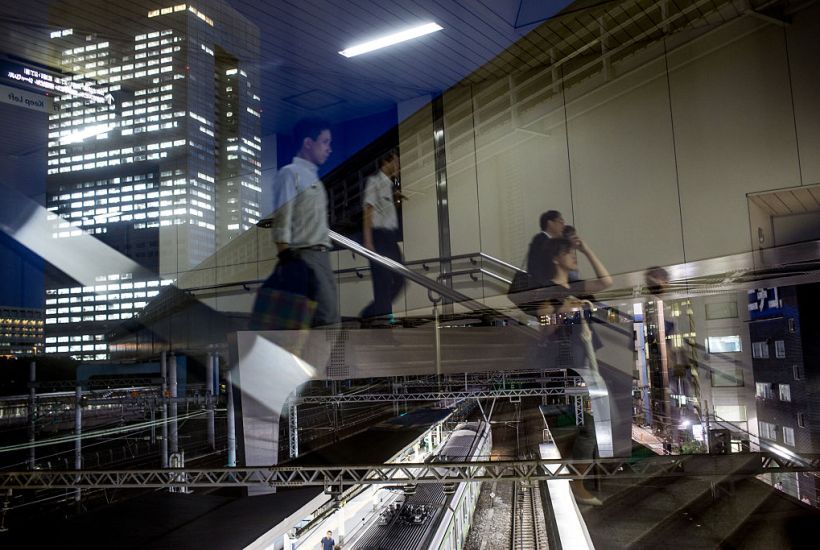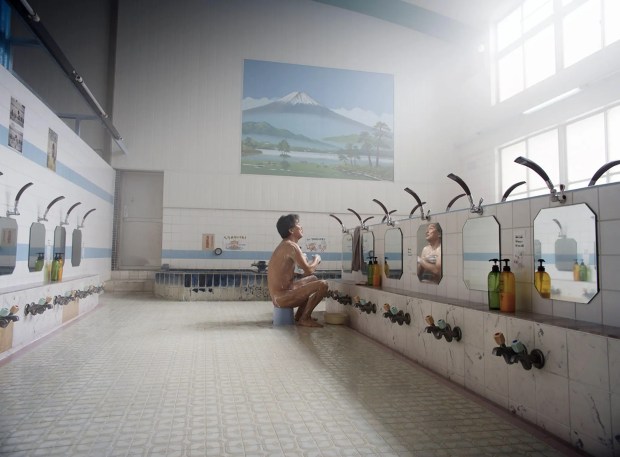A Japanese banker once told me that his company had opened an expensive showcase office block in the centre of Tokyo. The building had a rare employee-friendly additional space and large balconies on the upper floors, where staff could relax and enjoy the views. Despite this apparent sensitivity to their employees, in every other way the bank was a typical Japanese firm, expecting staff to work punishingly long hours in a highly-pressured environment.
After a few months, it became clear the balconies might not have been such a good idea after all. Four people jumped to their deaths. Rather than reviewing their employment practices, such as the hours worked and conditions endured by their clearly suffering workforce – or even bringing in a counsellor or two – the company did absolutely nothing. Except for one thing: they removed the balconies.
As the world emerges nervously from lockdown and new modes of safer and more convenient working are being trialled and assessed, it seems unlikely that big companies anywhere will now be splashing cash on expensive office blocks for huge numbers of staff, with or without balconies, if cheaper and more flexible options become available. But will this suit Japan, where the idea of being physically present in an office is absolutely central to company culture, and ‘presenteeism’ regarded as a virtue?
Office workers in Japan are renowned for their quasi-devotional relationship with their employer, for whom they sacrifice their temporal pleasures (including most of their holiday entitlement), in exchange for a peaceful and satisfying afterlife (retirement). They suffer in silence on gruelling commutes in clammy proximity to hundreds of others, and toil for endless hours in cramped, joyless workspaces. There are rules for everything, even communication with colleagues – you must use the stiflingly restrictive keigo (formal Japanese) language that rigid office hierarchies demand, and there is no chatting. Death from overwork (karoshi) is common, and it is impossible to change office culture as an employee. All you can do is conform, or quit.
This is a caricature of course, but not an extreme one. The death of Miwa Sado, an employee of the broadcaster NHK who logged 159 hours of overtime in a month, created headlines nationwide in 2017 and her case was not that exceptional (there were nearly 2,000 work related suicides in 2019). Earlier this year, a Buddhist priest conducted a ‘memorial service’ for all the unclaimed holiday entitlement of office workers in Osaka, which saw 300 lanterns inscribed with personal messages of hope and despair released in to the sky.
There have at least been attempts to improve the situation in recent years. Shinzo Abe’s 2018 Work Style Reform Bill aimed to ease the burden on employees by capping excessive hours, while many new firms have recently adopted a more staff-sensitive approach. Flexi time (‘flex’) was also already gaining traction among Japanese corporations. Since the pandemic the government has supported teleworking initiatives with grants of up to ¥1 million (£7,500) for small and medium-sized firms.
The evidence suggests that the new post-Covid working style has proved successful and popular. According to the business lobby Keidanren (Japan’s CBI) 66 per cent of respondent companies had initiated teleworking, and a recent survey found 70 per cent who had worked remotely during the lockdown were either very, or somewhat keen to continue doing so permanently.
But there are still obstacles. Old habits die hard in Japan and it is likely that cultural muscle memory will kick in once all restrictions are eased and subsidies withdrawn. If businesses reopen, the salaryman army will once again troop loyally back to barracks.
Then there is Japan’s innate conservatism which, probably out of fear of unintended consequences, views even the most sensible sounding alteration to the finely tuned mechanism of national life with great suspicion.
This tendency can appear stubborn, but it may also be wise. Who knows what effect there might be on the delicate harmony of the household if the usually absent breadwinner is suddenly ever present? The spike in late life marriage break-ups following earlier retirement, a spate of redundancies in the 1990s, and the recent emergence of the phenomenon of ‘corona divorce’ certainly do not bode well.
Some also wonder what will happen to the loyalty and sense of unity and purpose engendered by a workforce sharing problems in a communal office space, dressed alike and breathing the same air, if too many are at home in their sweatpants choosing their own hours, rules, and working style.
There is another problem too: the hanko (or personal red ink seal) used to validate documents. It is the modern equivalent of the samurai era blood signature and is taken very seriously in office culture.
Theoretically an electronic version could be developed, but that would never do. Like so much else in Japan, it’s all about appearances.
Got something to add? Join the discussion and comment below.
Get 10 issues for just $10
Subscribe to The Spectator Australia today for the next 10 magazine issues, plus full online access, for just $10.




















Comments
Don't miss out
Join the conversation with other Spectator Australia readers. Subscribe to leave a comment.
SUBSCRIBEAlready a subscriber? Log in